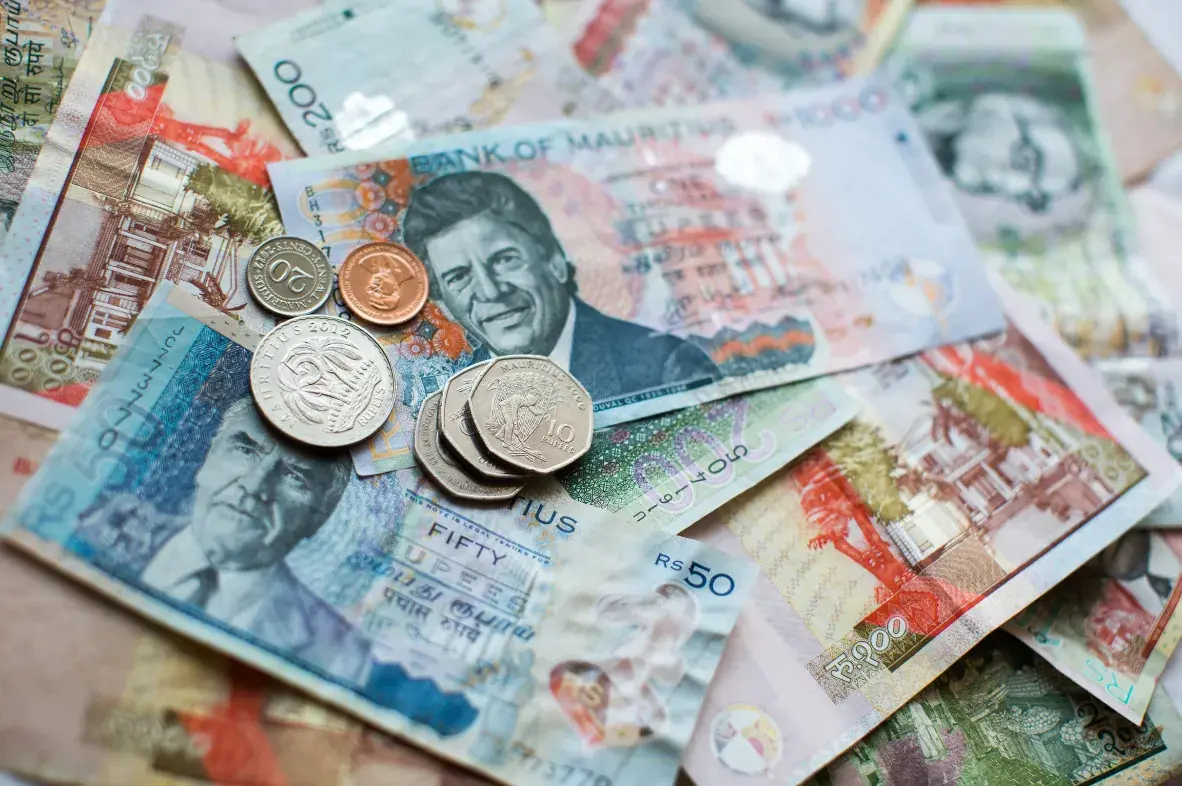For investors tired of headline risk, sudden tax changes and unstable jurisdictions, Mauritius is offering something simple: predictability. Over the past 18 months a steady, discreet flow of institutional capital — DFIs, family offices and fund managers — has been structuring or redomiciling vehicles through Port Louis. Below I explain who’s coming, why, and what the public record actually shows.
Quick read: this is not a gold rush. It’s strategic capital re-allocation: fund structuring, fund domicile and fund administration — the plumbing that makes African and Indo-African investment possible.
1. British International Investment (BII) — the UK’s DFI — is a visible example of a major investor using Mauritius-domiciled vehicles. BII’s website lists multiple Mauritius fund vehicles and investments (including APF-I (Mauritius) Limited), and BII continues to commit hundreds of millions into regional funds and bank partnerships that use Mauritius as a structuring hub. Public BII disclosures show multi-year commitments in the low-hundreds of millions range through Mauritian entities.
2. A growing roster of private equity & private-fund vehicles — official and industry sources report that hundreds of funds are domiciled in Mauritius. A 2025 supplement produced with local authorities notes more than 450 private equity funds domiciled in the Mauritius IFC and investing in Africa as of mid-2024. That scale explains why fund administrators (IQ-EQ, Vistra, Amicorp, Maples, etc.) have expanded operations on the island.
3. Family offices and Asian/Indian fund managers — trade and advisory firms report an uptick of family offices and Indian private equity groups using Mauritius for co-managed pan-African vehicles and fund administration. Providers such as IQ-EQ and global trustee firms publicly advertise Mauritius as the “new frontier” for family offices and cross-border fund structuring. This is consistent with anecdotal moves by Gulf family offices seeking neutral platforms for African exposure.
4. Fund administration & fund-product reform — the Financial Services Commission and industry advisories (Appleby, Chambers) show a large and expanding menu of fund types — VCCs, PCIS, SPFs — that make Mauritius attractive for funds from USD tens of millions to several hundred million in target sizes. Industry sources document rising numbers of specialised funds and SPFs being registered in 2024–25.
Why these names matter — and why they’re choosing Mauritius
1. A credible, treaty-rich platform for African capital. Mauritius sits at the intersection of African, Indian and Gulf capital flows: many funds use Mauritian entities to access double-taxation treaties and to structure cross-border investments efficiently. The economic-diplomatic pitch is explicit in government and industry materials.
2. Regulatory modernisation and fund product flexibility. The island’s 2023–25 reforms expanded special-purpose fund regimes (SPFs), Variable Capital Companies (VCCs) and other vehicles that let managers launch segmented sub-funds and ring-fence assets — a practical advantage for multi-strategy or multi-jurisdiction funds. Practitioners say that the speed and clarity of setting up these structures (often in weeks) is a big draw.
3. Connectivity + administration capacity. Mauritius has invested in fund administration capacity and digital infrastructure; global administrators (IQ-EQ, Vistra, Amicorp and others) have beefed up local teams. For fund managers, good admin + treaty access + broadband = lower operational friction for deploying capital across Africa and South Asia.
The money: sizes, commitments and the realistic picture
• DFIs and institutional vehicles: public reporting from development finance institutions (notably BII) documents commitments into Mauritian-registered funds or managed vehicles measured in the tens to hundreds of millions of dollars per vehicle. These are not speculative micro-pools; they are serious, perennial commitments aimed at SMEs, financial institutions and infrastructure.
• Private equity & PE-style fund sizes: industry listings and the Economic Development Board statistics show hundreds of funds domiciled on the island, with fund sizes ranging from USD 10–50m for niche closed-end vehicles to USD 100–500m for pan-African PE or infrastructure funds that use Mauritius as a vehicle. (Public filings do not always show the full pool committed, because many fund closings are private.)
• Family offices & co-managed pools: family offices typically use bespoke structures; public disclosures are sparse. Trade advisory firms report a steady flow of family-office enquiries and several restructurings in 2024–25 where Indian and Gulf families used Mauritian SPFs or trust vehicles to co-invest with regional managers. Exact names and sizes are often confidential, but advisory demand is measurable and growing.
What this means for investors and founders
• Better fund-administration services: expect faster closings, better compliance workflows and more investor protection mechanisms as Mauritius competes to be the jurisdiction of choice.
• Easier regional scaling: founders and fund managers can domicile a vehicle in Mauritius, raise capital from Europe/Asia/Gulf, and deploy across Africa with fewer tax/regulatory frictions than using multiple local platforms.
• Rising competition for setup & talent: as more VCs, PE houses and family offices set up, expect higher fees for the best fund-service providers and a push to deepen local talent pools (fund accountants, compliance officers, fund lawyers).
Mauritius’s rise is strategic — but it is not without risk. Global pressure on preferential tax regimes, changing OECD standards, and occasional reforms (tax or residency rules) can alter the calculus for some investors. That’s why many funds structure for flexibility, not permanence — and why smart money values predictable regulation over opaque shelter.
Bottom line: public records and industry reporting show that major institutional players (DFIs like BII), hundreds of PE/VC vehicles, and an increasing number of family offices and Asian/Indian fund managers are using Mauritius for fund domiciling and structuring — in amounts that range from tens of millions to several hundred million dollars per vehicle. The trend is real; it’s strategic; and it’s quietly reshaping how capital flows into Africa.
Why Smart Money Is Quietly Moving to Mauritius

